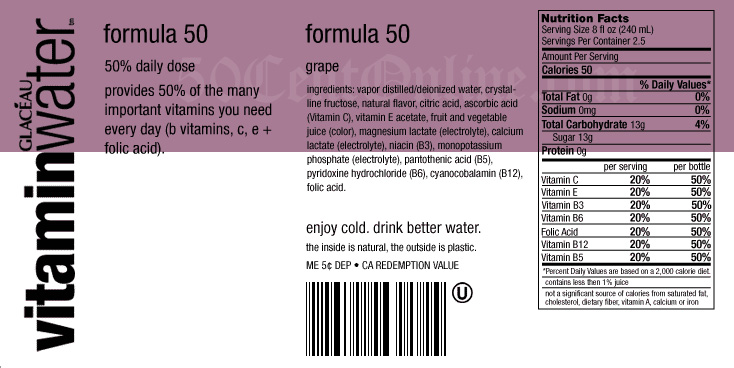Without noticing, time passed by very fast. I still have vivid memories of Microsoft releasing Windows XP, and It being the best OS system, even arguably better than Windows Vista. Today I read an article that says that Microsoft XP only has one year left of support. With that in mind, many small and medium-sized companies still operate in Windows XP, as it’s very stable. According to statistics from Analytics Company Net Applications, 39% of all personal computers, and 42% of all Windows PCs, ran XP last month.

total of $561. The 15% discount would lower each Windows-Office combo by $84 to $477.
This is a great idea from Microsoft, by giving a discount for upgrading the operating system; people will have more incentive to purchase Windows 8. But what needs to be considered is that Windows 8 requires a lot more hardware specifications that the old computers don’t support. So the companies will probably need to purchase new computers that can possibly support the OS. And what can be good is that a combination discounts for bulk purchasing Windows 8 and new computers, and that could bring a lot of more purchasing for Microsoft and the hardware company.

